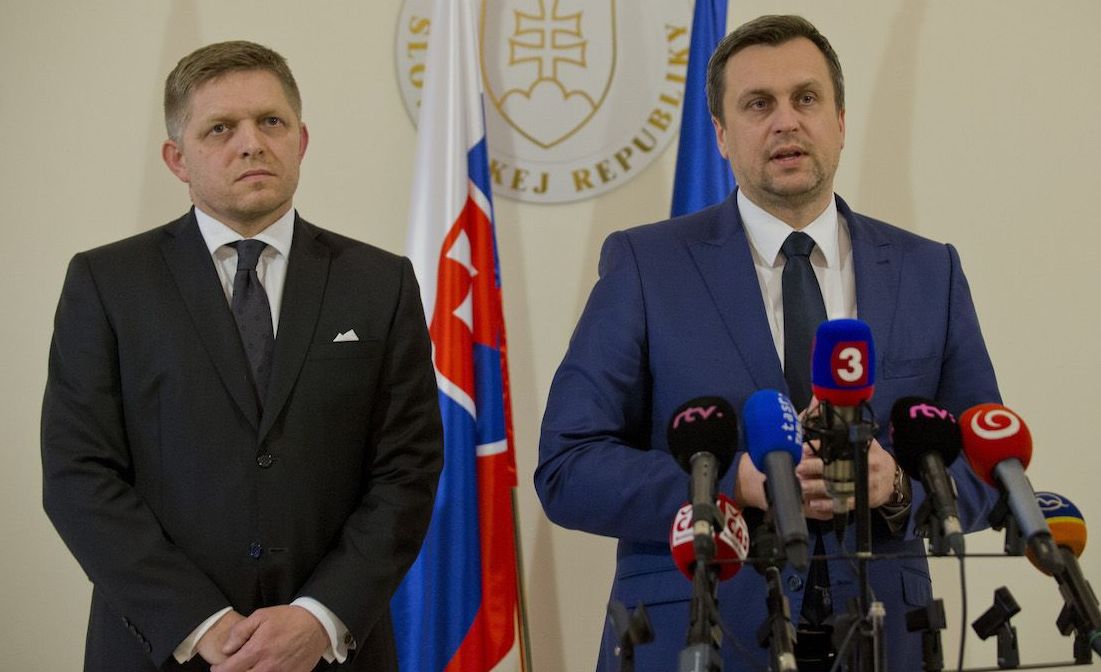By Olivier Bault.
Poland – In February 2016, documents recovered from the widow of General Kiszczak, former Minister of Interior of General Jaruzelski, confirmed what many Poles had been convinced of for a long time: before becoming the charismatic leader of Solidarity (Solidarność), then the first elected President of Democratic Poland, Nobel Peace Prize winner Lech Walesa (in Polish: Lech Wałęsa) was a paid informer serving the communist regime between 1970 and 1976. But he himself challenged the authenticity of these documents, claiming that these were false documents issued by the former political police (Służba Bezpieczeństwa, SB).
The Polish prosecutor’s office has therefore requested a graphological analysis of the documents in the hands of the IPN, the National Memory Institute charged with investigating communist and Nazi crimes and also to archive and manage the documents of the security organs of the country from the years 1944-89. Expertise was handed over to the Sehn Judicial Experts Institute in Cracow and the results, contained in a 235-page report, have been announced at a press conference on January 31 by the Head of the Investigation Department of the IPN: there is no doubt that the documents kept for more than two decades in the home of General Kiszczak are authentic and that the writing and the signatures therein are those of Lech Walesa, alias agent TW Bolek (for tajny współpracownik Bolek / secret collaborator Bolek).
These documents are commitments to collaborate, declarations and receipts of his financial rewards. To carry out their graphological analyzes, the Krakow experts compared the SB archives to 142 documents written or signed by Lech Walesa between 1963 and 2016. The first promise of collaboration drafted by Walesa dates from December 21, 1970 and according to the experts’ report, it was entirely written by the concerned person. In addition there are 17 receipts for sums of money paid to TW Bolek against the information transmitted to the agents of the SB. These amounts total almost 12,000 zlotys. The graphological analyzes also confirmed the authenticity of more than 40 denunciations by Walesa-Bolek. Lech Walesa, confronted with these documents by the investigators, told them he had never collaborated with the SB, had never been an informer of the political police and had never received any money from it.
Some of them, like Andrzej Gwiazda, who was vice-president of Solidarity, or Anna Walentynowicz, co-founder of Solidarity whose disciplinary dismissal in August 1980 had triggered Solidarność’s first major strike, had suspected him since the early 1980s: “On the basis of my observations and what he said, because he did not do much but talked a lot, on the third day of the strike we had no doubt that he was an agent of the political police”, declared on January 31 Andrzej Gwiazda on the Catholic television channel TV Trwam.
In the past, Lech Walesa has always endeavored to remove these historical figures and to depreciate their essential role in this great movement which enjoyed enormous popular support. Many Poles, however, suspect that the history of Lech Walesa’s SB informer allowed the Communists to blackmail him and use him as leader of the trade union Solidarity and then President of the Republic of Poland to facilitate the democratic transition from the end of the 1980s to very favorable conditions for the old nomenklatura and enabling them in particular to exchange their political power for an economic power. Others accuse the conservatives of the PiS of seeking to discredit Lech Walesa to question this democratic transition. However, it was widow Kiszczak who revealed herself the existence of these documents in her husband’s cartons who died on November 5, 2015, while trying to sell them to the IPN.




